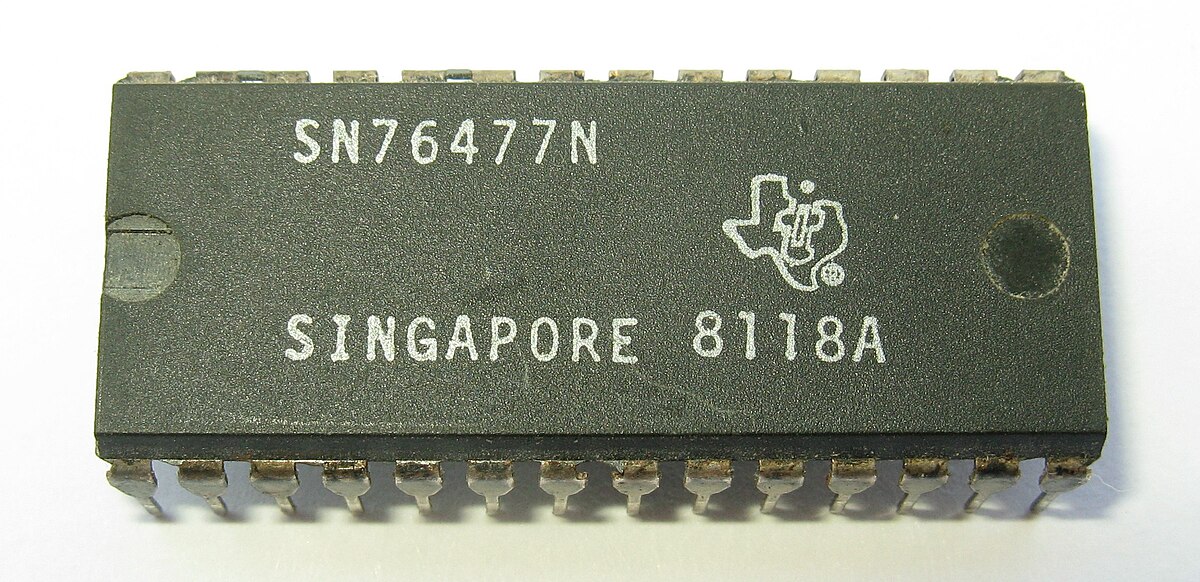paivenkatesh1975
New Member
AM LOOKING FOR A PIC MICROCONTROLLER DULY PROGRAMMED WITH 45 DIFFERENT TONES (ALARMS/SIREN) FOR MY PROJECT. ALONG WITH THE REQUIRED HEX FILE AND ASSEMBLY FILES. IS IT READILY AVAILABLE
CAN ANY BODY HELP
CAN ANY BODY HELP


